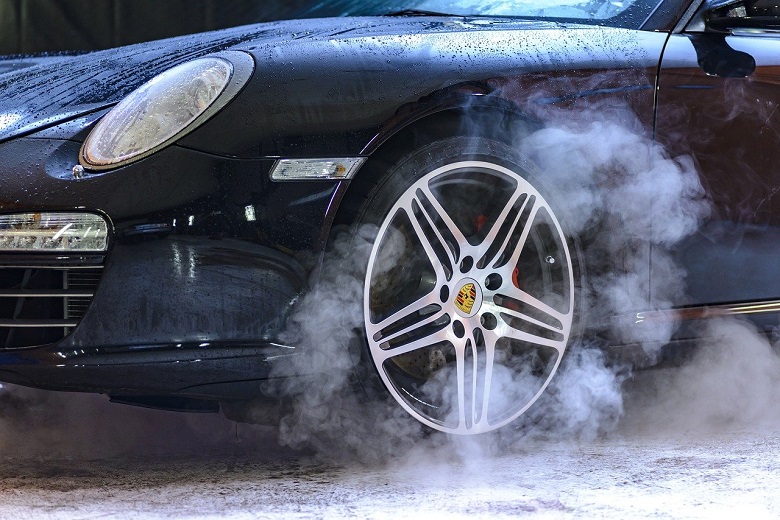Some countries, such as the United Kingdom or Japan, want a ban on cars with an internal combustion engine from 2030 or later. Car brands are also increasingly following and setting an end date. Afrinik makes an overview.
Smart has existed only as an electric brand for several years, Polestar will only build electric models after the plug-in hybrid Polestar 1 (with the Polestar 2 currently in the catalogue) and MG – despite the plug-in hybrid EHS – also mainly chooses for models that run on electricity only. And of course, there is Tesla, the brand that you spontaneously think of when driving electrically.
However, they are exceptions, most car brands still play a lot of different cards, from electric to different forms of hybrid engines, classic combustion engines and even hydrogen, CNG and LPG.
Still, many brands are announcing that they will soon stop using combustion engines. 2030 is then often put forward as the time of the switch. Volvo, which today only has the XC40 Recharge in its range, will from then on only build electric cars.
Ford, which currently only has the Mustang Mach-E in its ranks, is also aiming for 2030, just like MINI, where only the Cooper SE now preaches electricity.
Jaguar wants to be even earlier. The British manufacturer only wants to build EVs from 2025, although it currently only has one fully electric model with the I-Pace.
At the Volkswagen Group (including Audi, Volkswagen, Seat and Skoda) we hear rumours that the current generation of combustion engines will be the last, the same sounds that we also hear from Mercedes.
Only diesel under the spell?
Of the combustion engines, the diesel engine, in particular, seems to be the head of a jut, a role that has been assigned to it since the diesel gate scandal. For example, some brands seem to just drop the self-igniter for the time being.
Suzuki has been equipping its models with petrol engines for a while now, whether or not in hybrid forms, such as with the recently launched Swace.
The Renault group, including Dacia, will no longer invest in new types of diesel but will continue to use the existing versions for as long as possible. Not surprising given that Renault has only three diesel models with the Megane, Talisman and Espace, and Dacia with the popular Sandero and Duster mainly draws the card of petrol and LPG.
At Renault, these words were officially spoken from the mouth of CEO Luca de Meo, but the same rumours are prevalent among the Hyundai group (Hyundai and Kia). There too, the current generation of diesel engines would be the last. And Honda, in practice, will no longer make new types of diesel.
From 2023 onwards, the brand will only opt for electric and hybrid in Europe, and in the latter category, the electric motor is almost always (and with Honda always) linked to a petrol engine, as recently in the HR-V.
From 2040, Honda would switch completely to EVs. The same strategy at Nissan, whereby every model sold from 2030 will be electrified in one way or another before making the step to 100% electric.
